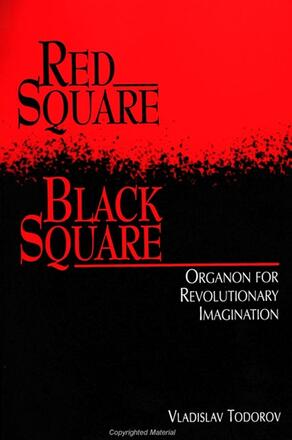
Red Square, Black Square
Organon for Revolutionary Imagination
Alternative formats available from:
Description
This book builds a new vision of the development of Russian revolutionary culture, bringing together fiction, criticism, utopian projects, manifestos, performance and film theory, religious philosophy, and the imaginary space of communism centered around the Mummy of Lenin.
Revolution and modernization are two main issues of the book. The author argues that in Modernism the work of art was conceived as a miniature of the world to come; thus, art was meant to make projects, not master-pieces. He analyzes the genre of the manifesto as a special rhetorical device of modernist discourse and shows how projects of biological and social engineering elaborate a vision of a future human type apt to exist under unprecedented conditions.
Red Square, Black Square traces the process of totalitarian reduction of the modernist impulse into a rigid party doctrine. It follows the turbulent development of Russian Modernism through its categorical arrest under the official doctrine of "socialist realism. " Moscow's Red Square is examined as a primal communist space that manifests the symbolism of power.
Viewing communism as an aesthetically, not economically, motivated society, the book enacts "political aesthetics" as a discipline that provides the fundamental tool for an adequate and thorough understanding of communism. Todorov concludes by discussing the rise of nationalism in Eastern Europe as a post-communist condition, and the new mission of the intellectuals.
Vladislav Todorov is in the Department of Slavic Languages at the University of Pennsylvania, Philadelphia.
Reviews
"Because its postmodern approach echoes Baudrillard's own analyses of the economy of simulacra in Western societies, this book can serve as a solid basis for a comparative study of aesthetic and political productions both East and West. It can also be read as a "secret history" of modernism. Deliberately fragmentary and metaphorically charged, the book's form suits an exploration of the existential and political "ruins" of communism. "— Marcel Cornis-Pope, Virginia Commonwealth University